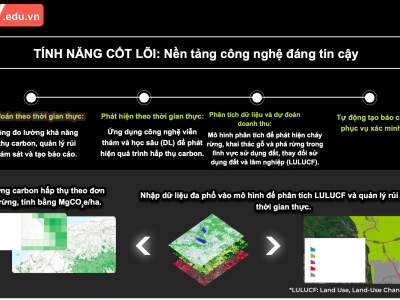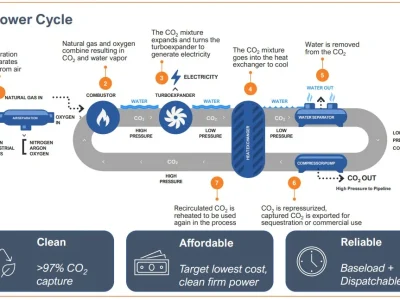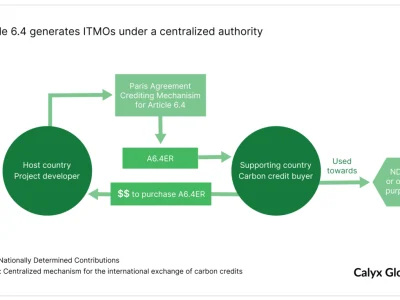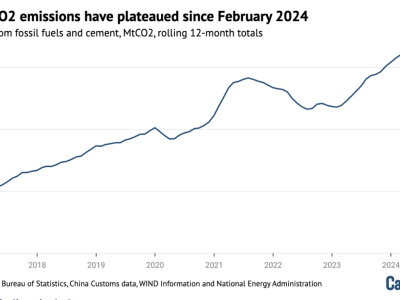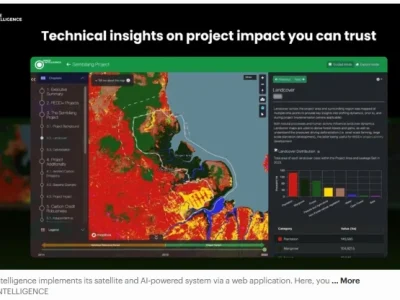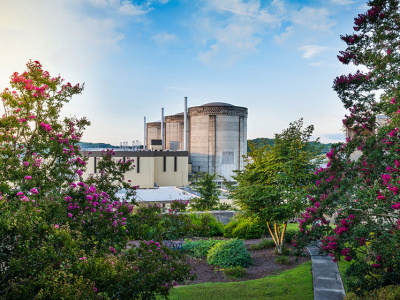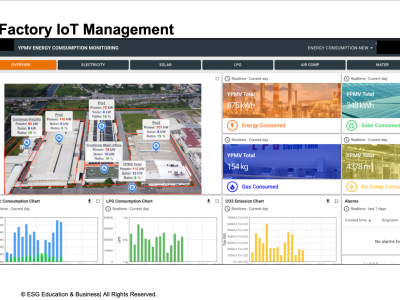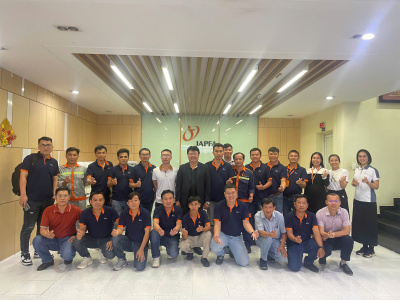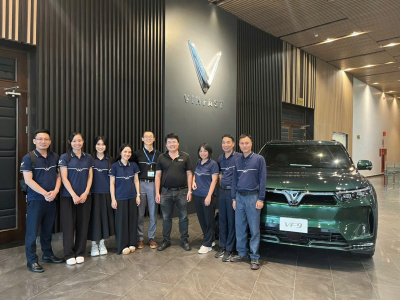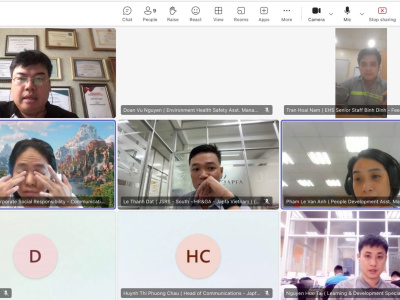SMART ENERGY MANAGEMENT
NHỮNG THỬ THÁCH KHẨN CẤP CỦA VIỆT NAM VÀ THẾ GIỚI
Concept of City Air Support System (CASS©) and its Application for Air Quality Management in Hochiminh
Urban air quality is a significant issue in most megacities worldwide. Recent air pollution concentration e.g. particulate matters in Seoul and Incheon areas from different emission sources frequently and even considerably exceeds both the national and international standards. Furthermore, the levels of ambient PM 2.5 pollution in most cities of Asian cities have been outstandingly increased due to the rapid urbanization and industrialization. As these air pollutants could cause serious human health impact, effective management and reduction guideline should be addressed with applicable approaches. Although the national air quality management strategy that broadly covers emission control and mitigation has been successfully applied at the government level so far, there still exists the limitations to support the air quality improvement practice at the regional-level, i.e. city-level.
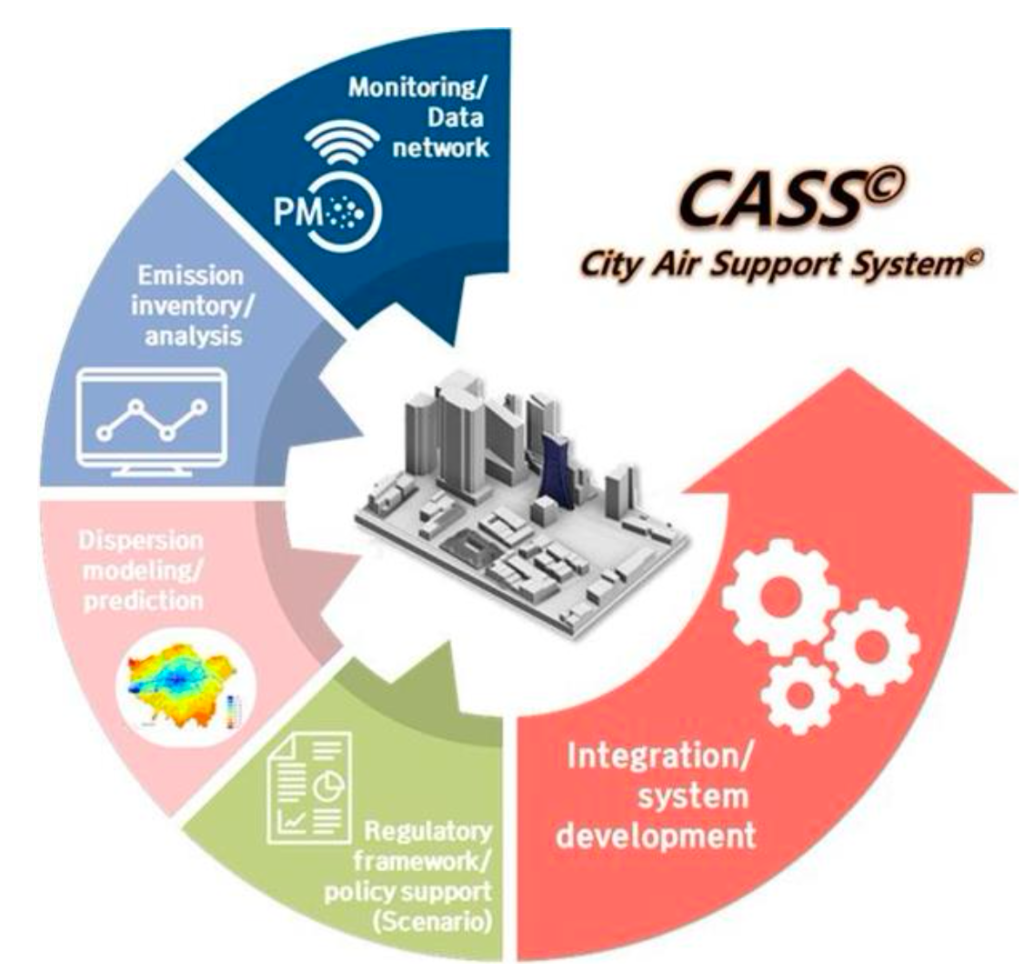
The purpose of this collaboration proposal is to establish elaborately developed regional-level air quality control and improvement strategy using City Air Support System (CASS©). This CASS© idea includes four major procedures including air quality monitoring, emission inventory, dispersion modeling and management policy that could ultimately provide the beneficial framework for urban air quality improvement. In contrast with the national-level of implementation, the local air quality management requires particular perspectives considering regional air dispersion mechanism, geographical characteristic and urbanization level (e.g. population, size of city and high-rise building density). Thus, the regional-targeted regulatory framework for city-level air quality management based on compact monitoring network, reliable inventory data and suitable modeling method are of significant support to achieve sustainable society. Any further discussion would be welcome to share any related experience and develop further potential for near-future collaboration.
Heekwan Lee, Ph.D.
Professor of Environmental Engineering, Department of Environmental Engineering, Incheon National University, South Korea
Director of I.NERGY Institute, International iNstitute for Environmental Research and enerGY
Director of Incheon Innovation Cluster for Environment / Climate Technology
EIP Vietnam thực hiện mục tiêu tư vấn chuyển đổi KCN Sinh Thái và NetZero Carbon, Energy và phát triển bền vững ESG ở Việt Nam bằng cách kết nối với nhiều tổ chức môi trường quốc tế uy tín, những người khởi xướng toàn cầu về tính bền vững, hành động vì khí hậu, hệ sinh thái xanh và năng lượng tái tạo. EIP Vietnam thực hiện tư vấn theo khung EIP của UNIDO, Worldbank, GIZ.
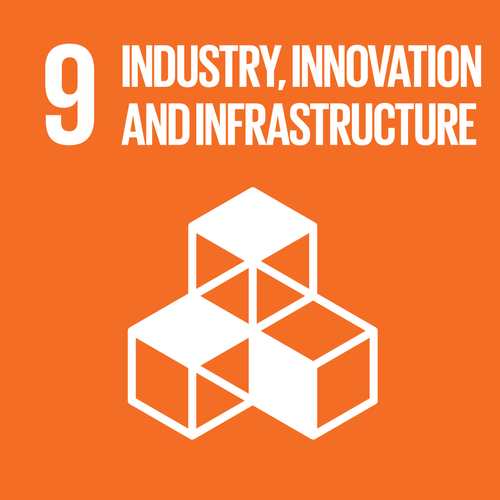
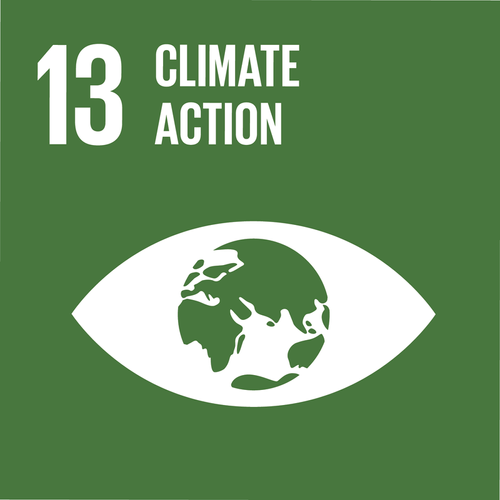
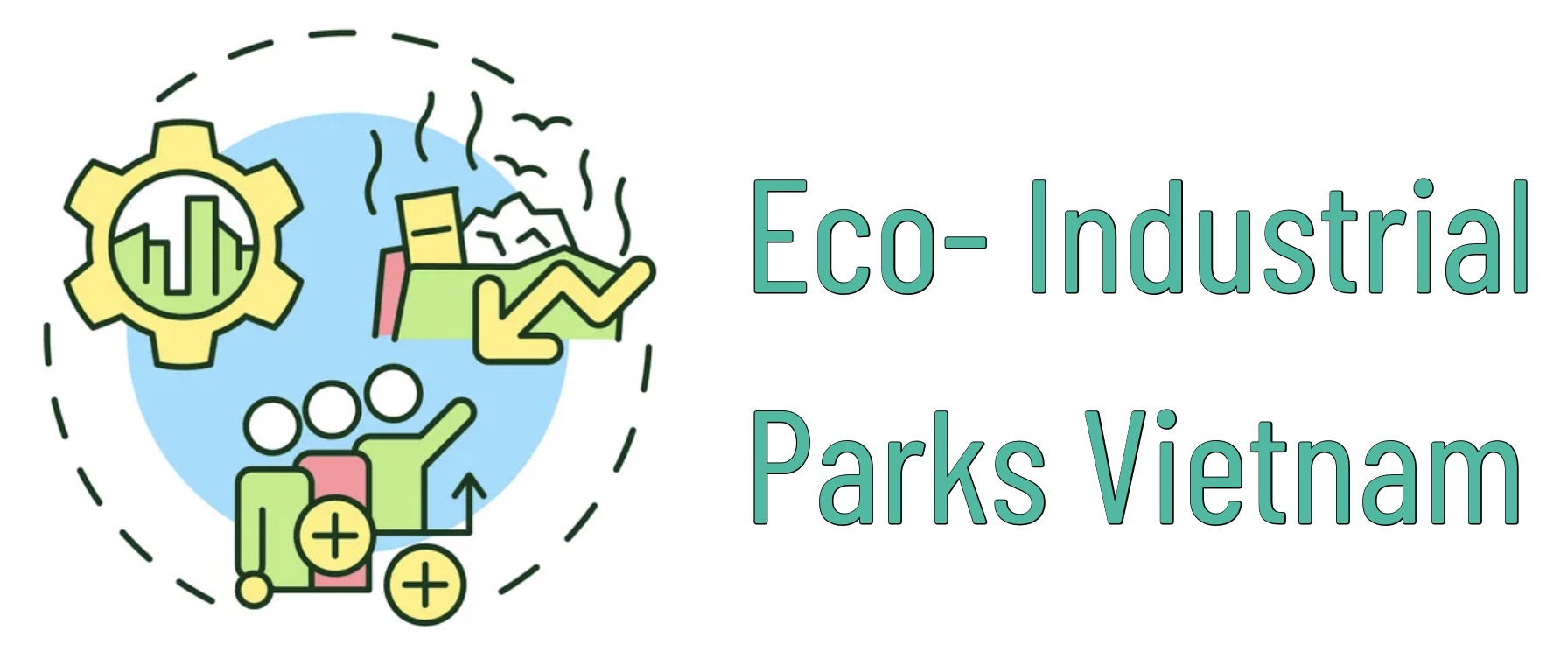

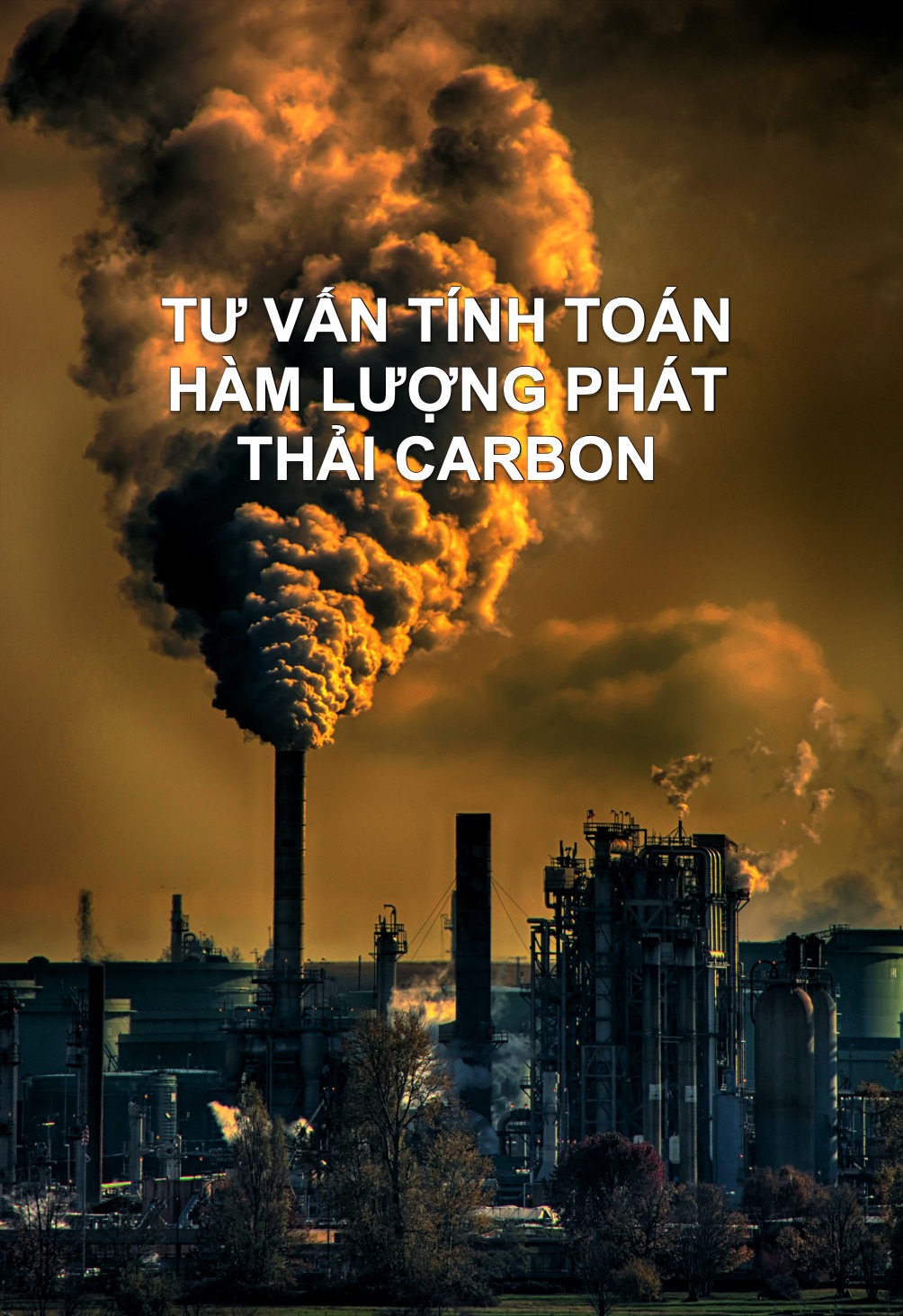
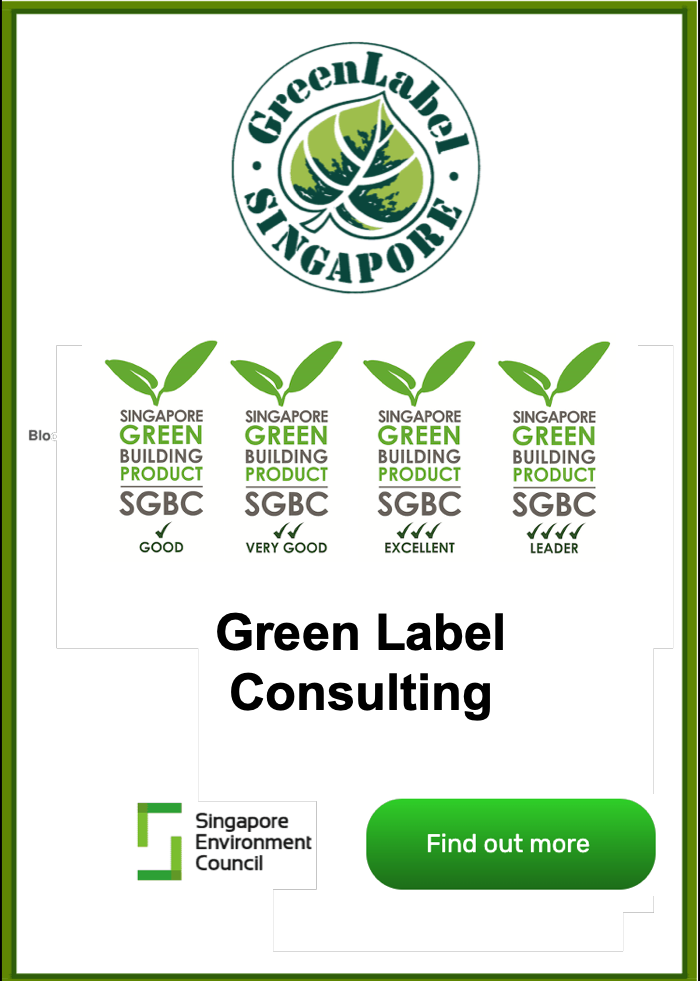
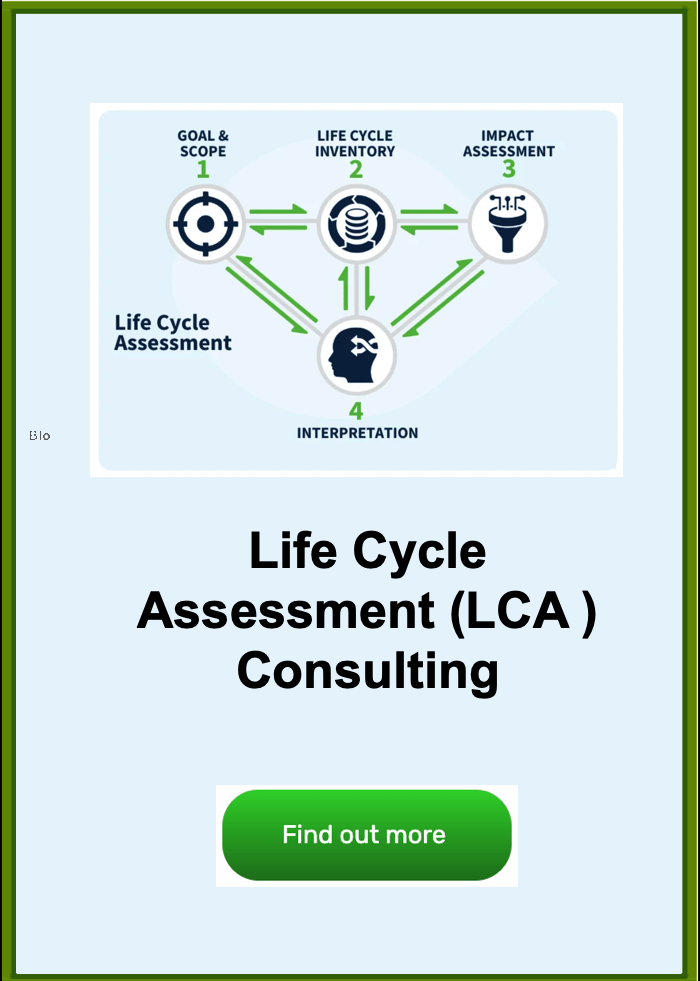
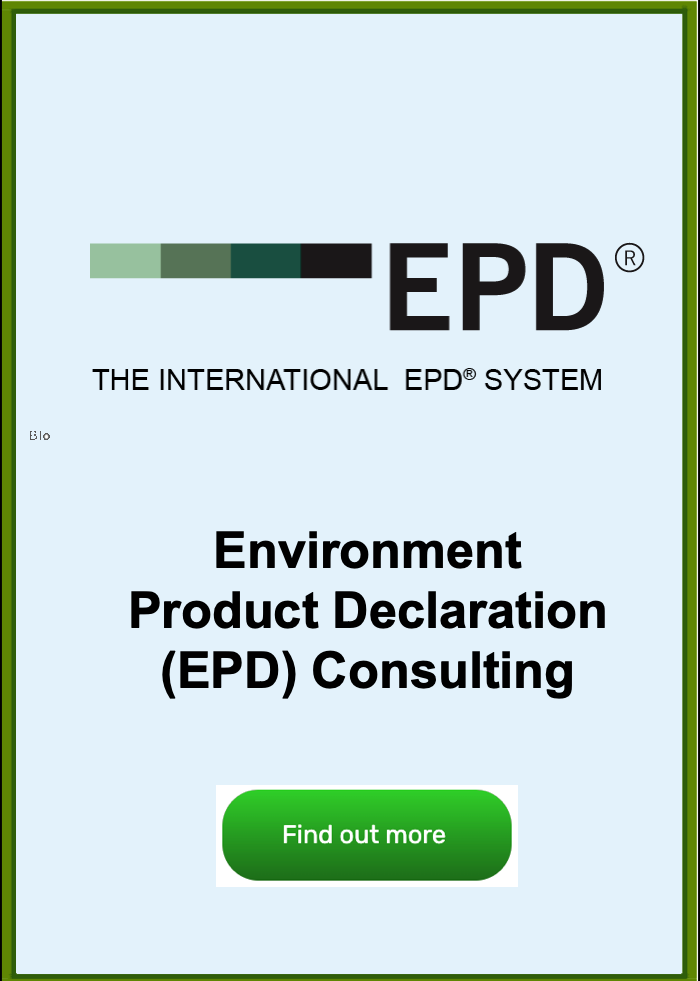
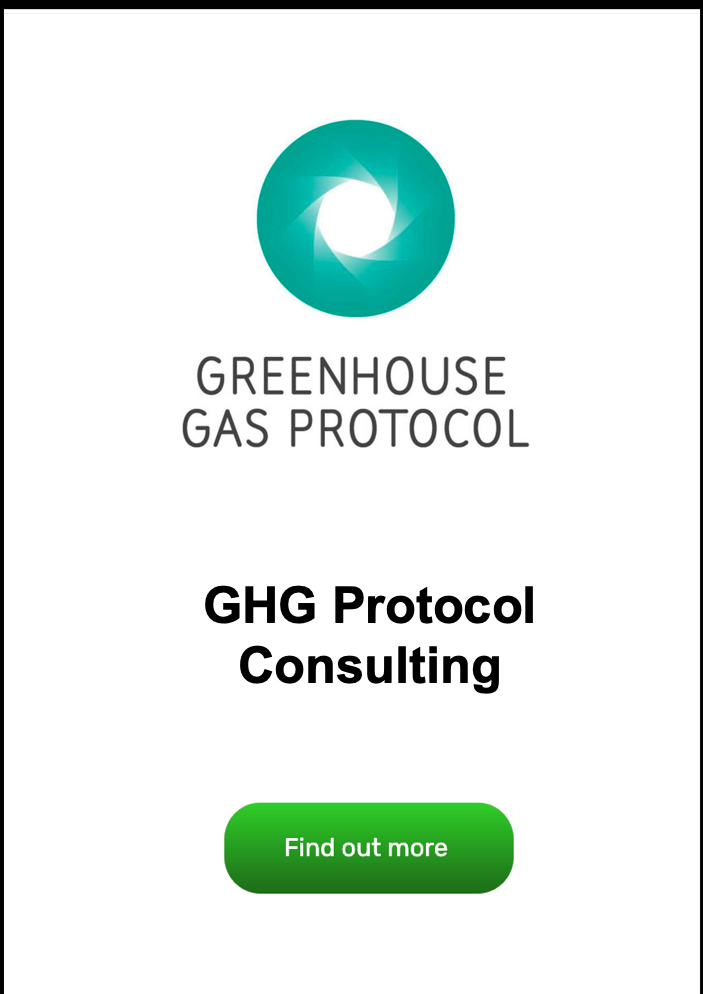
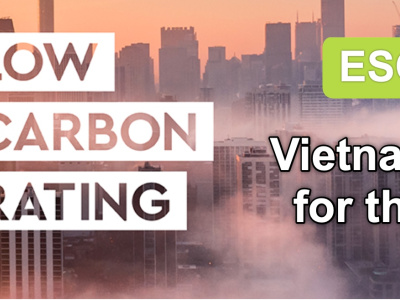
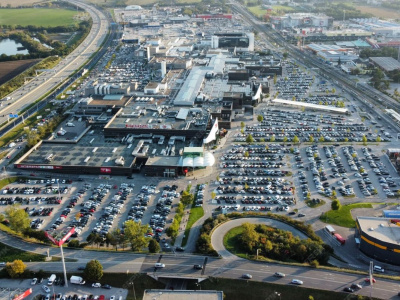
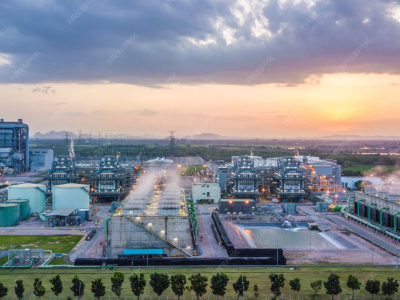
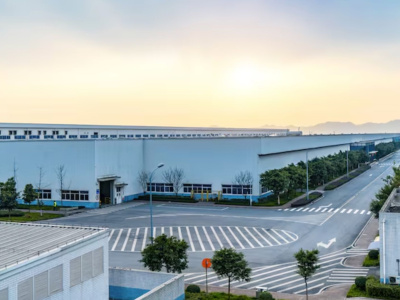
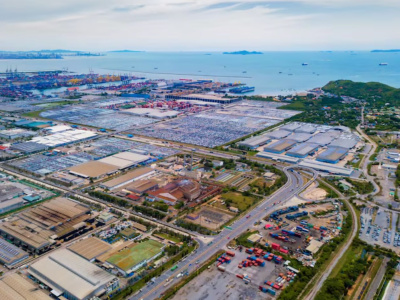
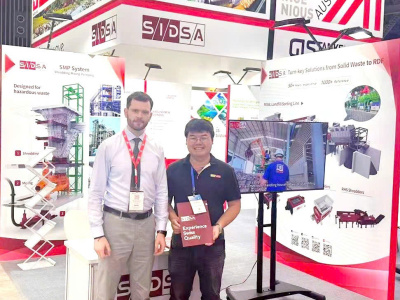
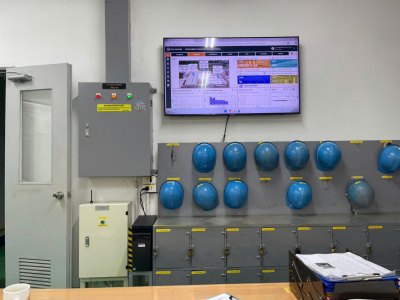
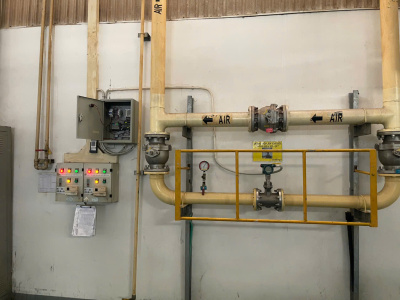
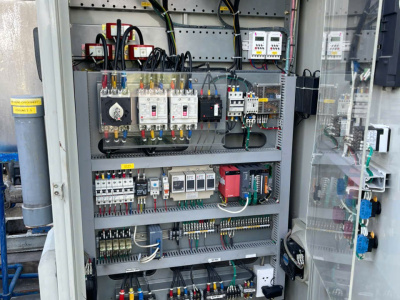
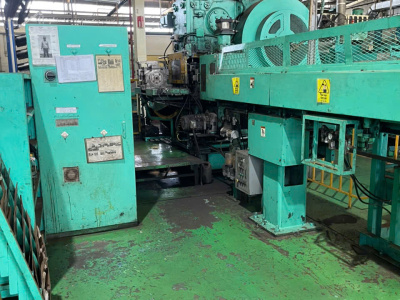
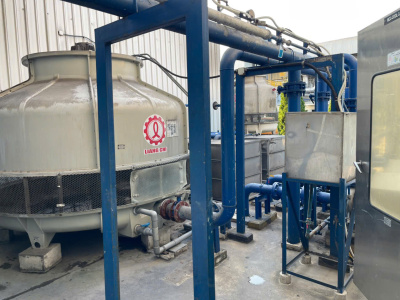
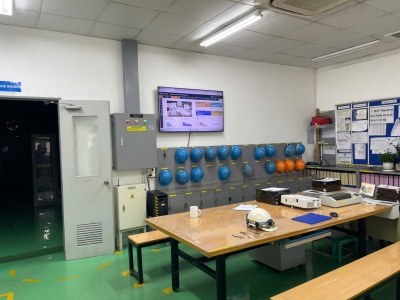
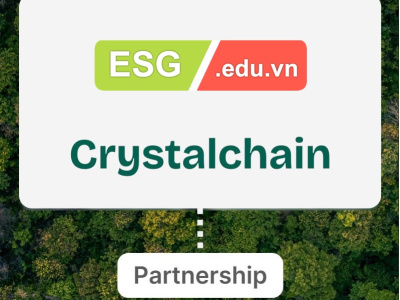
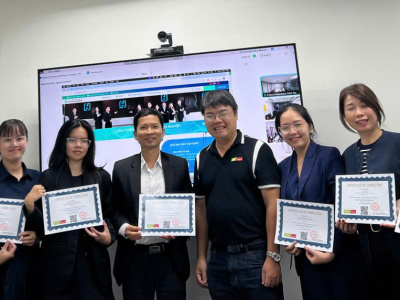
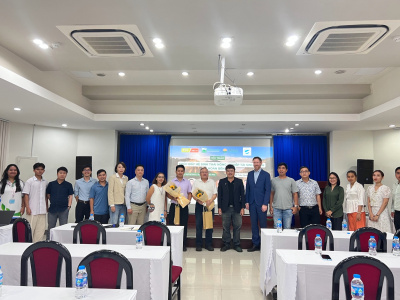
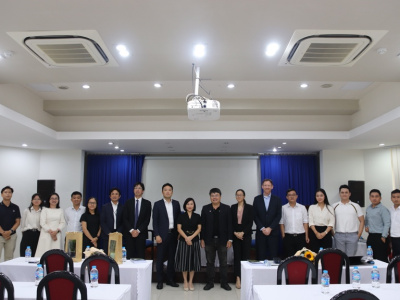
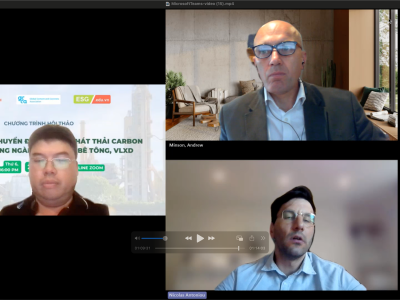


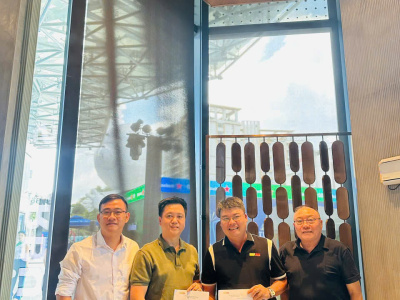
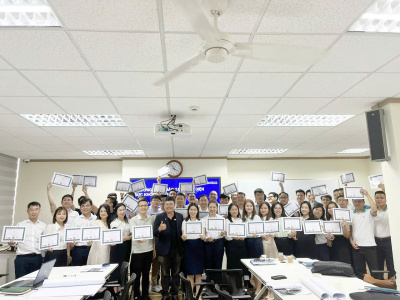

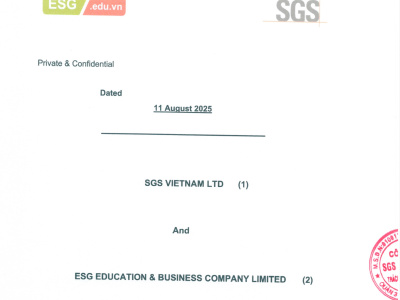
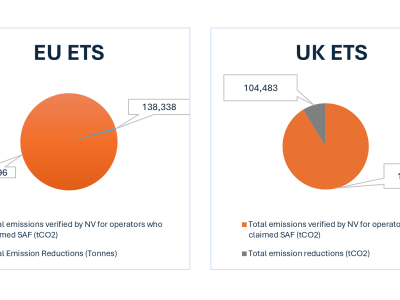
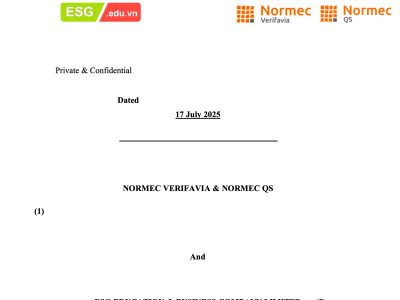
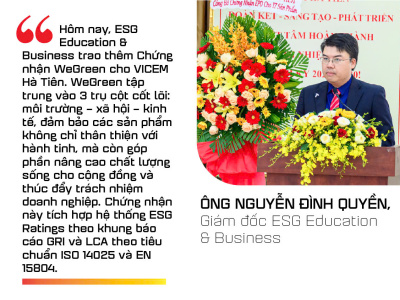
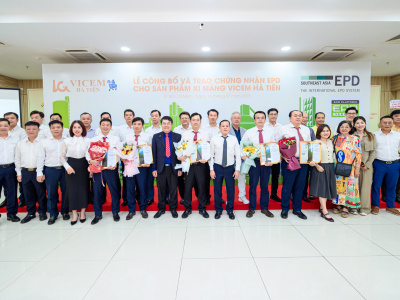
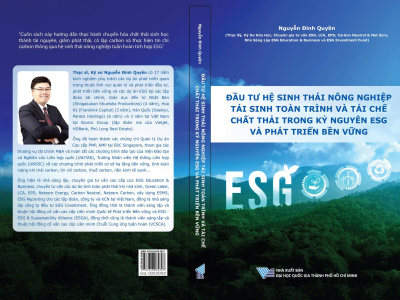
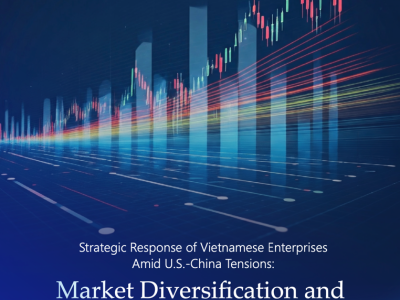
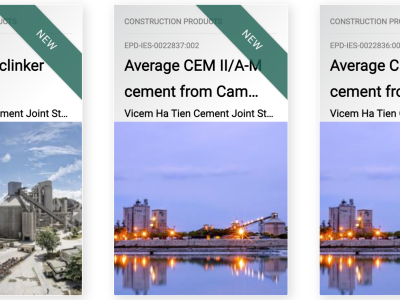
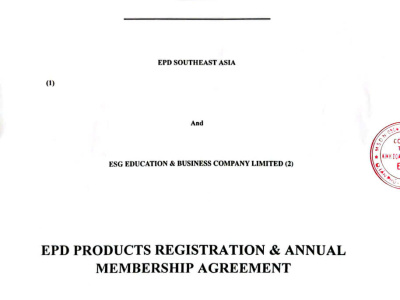
![NGUYỄN ĐÌNH QUYỀN [VN]](https://kcnst.com/wp-content/uploads/NGUYEN-DINH-QUYEN-VN-400x300.png)
